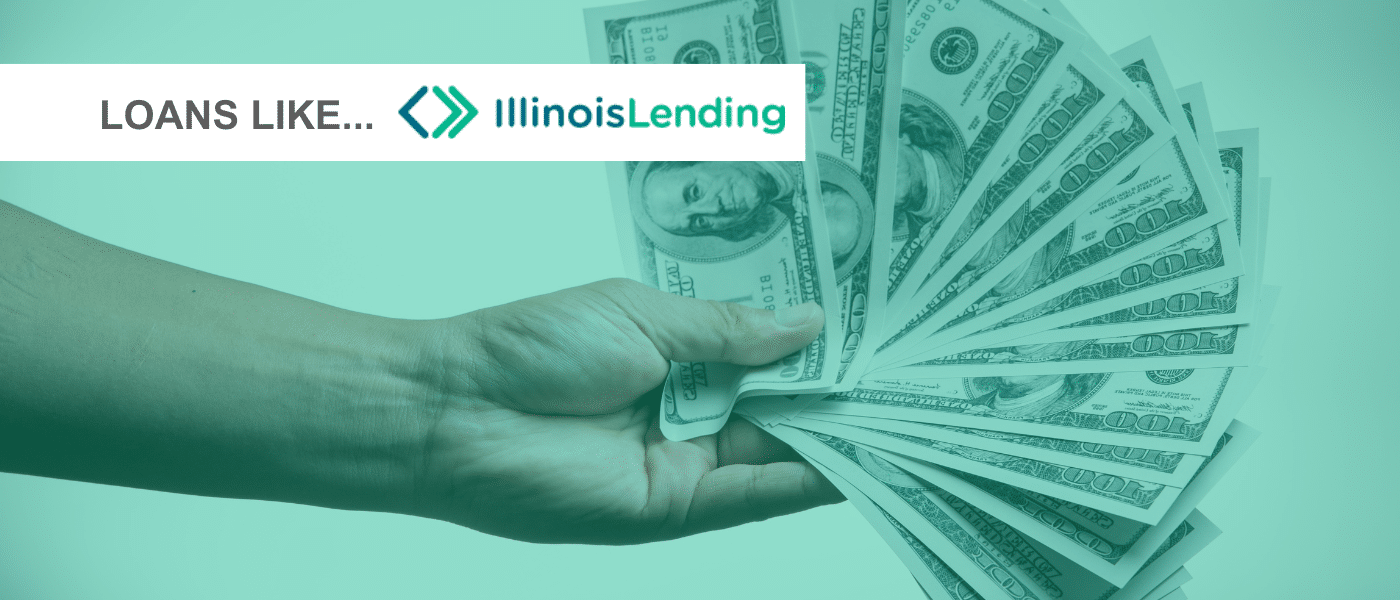Credit cards allow you to borrow money up to a certain limit and require repayment, while debit cards are linked to your bank account, enabling you to spend only what you have in the account.
Credit cards and debit cards are two of the most common financial products on the market. According to the Consumer Financial Protection Bureau (CFPB), over 175 million Americans possess at least one credit card.1
When it comes to debit cards, U.S. financial institutions issue 165 million new debit cards per year.2 And If you’ve ever had a bank account, then odds are you’re at least familiar with a debit card. And many Americans use credit cards regularly, sometimes to a fault. But many details surrounding each of these things are essential to know if you’re using them responsibly.
Responsible banking and financial habits are crucial to becoming financially stable. Learning how to research and thoroughly understand financial products and services will set you up for success in the long run. Luckily, here at CreditNinja, our goal is to help you do just that.
What Are Credit Cards?
Credit cards are one of the most common financial products available to consumers. Their accessibility and ease of use are two of the main reasons why most people have them. But this can also make them easy to abuse. Unfortunately, many Americans misuse credit cards and rack up thousands of dollars in debt that they will have a difficult time repaying.
A credit card is a plastic or metal card that consumers can borrow up to a specific spending limit. The card issuer allows their borrowers to spend money using the card, then repay the company. Spending limits, interest rates, and other terms will depend on the companies and the borrower’s credit history and financial standing.
How Do Credit Cards Work?
The process for getting and using credit cards is relatively straightforward:
| Step | Description |
| 1. Application | Apply for a card at a bank, store, or online. |
| 2. Application Review | The credit card company reviews your application and notifies you of approval or denial. |
| 3. Card Issuance | If approved, the card is either mailed to you or provided instantly at a bank or storefront. |
| 4. Card Activation | Activate the card, usually through a quick phone call. |
| 5. Start Spending | Begin using the card, limited to the approved limit. |
| 6. Credit Limit | The credit limit is set based on your credit history and score. It determines your maximum spending. |
| 7. Repayment | Repay the money spent on the card, adhering to the payment due dates to avoid late fees. |
| 8. Interest Charges | The card company charges interest on the total balance; paying off the balance avoids interest. |
Each credit card will likely have different terms, conditions, and perks. So while the basic process is always the same (spend, repay, repeat), the details will differ depending on the card.
Credit Cards and Your Credit Score
Many Americans make the mistake of viewing a credit as free money. It’s easy to use, and you can buy things even if you don’t have the cash on hand. It’s easy to see why so many people get into financial trouble from these little plastic cards. If you currently have a credit card or plan to start using one, make sure you completely understand the risks and rewards.
Many different things can affect your credit score and credit report. In general, sound financial practices like making payments on time and not having very much outstanding debt will lead to a good credit score. On the other hand, spending cash you don’t have without being able to repay it is a sure-fire way to lower your credit score.
Keep this in mind when using any financial product or service. Make sure to do plenty of research and planning before jumping into any financial endeavor.
Which Credit Card Is Right for You?
You’re probably already aware that there are thousands of different credit cards out there. You may even get them mailed to you with flashy introductory offers like 0% APR for the first year. While some of these offers may be worth considering, it’s essential to be able to review them carefully and consider how they’ll affect your finances and your life.
If you love to travel, then maybe a card that offers airline miles would be better. Make sure you choose the card that suits your lifestyle the best and has the best rewards.
The Risks of Credit Cards
While credit cards can be great tools that allow you to improve your life, they can also be very risky if you don’t use them properly.
The problem with credit cards is also what makes them so appealing: How easy they are to use and the access they give you for purchases you can’t afford otherwise.
If you spend using credit cards, you need to have a plan to pay that money off. Otherwise, you’ll continue to rack up debt until the amount is overwhelming. This will lead to your credit score lowering and could even lead to your debt being sent to a collection agency. This type of action could stay on your credit history for up to seven years.
Misusing credit cards could potentially affect your life for years to come. If your credit history suffers from it, it will lower your overall score. And if your credit score is too low, you’ll have a difficult time getting personal loans, cash advance loans, and credit cards in the future.
What Are Debit Cards?
A debit card, also known as a check card or bank card, has several distinctions from a credit card. A debit card is also a small plastic card, but you’re only spending money that you already have in a checking account/bank account with a debit card. It’s a card that allows you to access the funds within your checking account. You can access this money by using a debit card to make purchases at a store or by withdrawing cash from an ATM.
When you open a checking account with a bank, you’ll probably also receive a debit card. Of course, you may also obtain paper checks, but debit cards are the new and improved version of these. They make accessing the money in your checking account quick and convenient.
Which Debit Card Is Right for You?
Just like with credit cards, debit cards all offer different terms and conditions. Some banks and credit unions might even have introductory offers, just like with credit cards. They may even provide a small amount of cash to start your account.
Make sure to do plenty of research, not just on specific debit cards and credit cards, but also on the bank, credit union, or the depository institution you are getting a checking account/bank account with.
The Risks of Debit Cards
As you can probably tell at this point, debit cards are not nearly as risky as credit cards. This is because you aren’t able to spend cash that you don’t have. While a credit card allows you to get in over your head by spending a lot of money you may or may not have, debit cards only access what’s in your account.
A couple of things to keep an eye on with debit cards would be overdraft fees and fraudulent charges.
Overdraft fees are charges that the bank will place on your account as a penalty for spending more than you have in your account. For example, if you make a purchase that’s more than the cash you have available, many banks will place an additional fee on your account as a penalty. So keep a close eye on how much you have in your account before making a purchase with your debit card.
Fraudulent charges are another vital thing to watch out for. Unfortunately, identity fraud and banking fraud are common occurrences. This is when someone you don’t know uses your debit card to make purchases you did not authorize. The best way to avoid this is to track your charges very closely using online banking.
Credit Card vs. Debit Card: Which Should You Use?
The short answer is both. Both a credit card and debit card can be a part of a healthy financial life. It’s all about using them responsibly and only when you need to. A credit card poses a higher risk to consumers, as it’s much easier to accrue large amounts of debt using one. Misusing a credit card can lead to a lower credit score, poor credit history, and negative marks on your credit report.
A debit card, on the other hand, doesn’t require you to borrow money. All you’re doing is accessing the money that you already have in your account.
FAQS Debit Card vs Credit
Credit and debit cards usually come with security features like chip technology, contactless payments, and fraud monitoring services. Credit cards often have additional protections, such as zero liability policies for unauthorized transactions, which are especially useful when disputing a credit card bill.
No, debit cards typically do not affect your credit score. Credit bureaus only track credit-related activities, such as credit card usage, balance transfers, and loan payments, not debit card transactions.
Credit cards charge interest and may impose foreign transaction fees for purchases made in foreign currencies, which are not typically associated with debit cards. Some credit cards, however, offer no foreign transaction fees as a benefit.
To dispute a charge on your debit card, promptly contact your bank. Unlike disputing a credit card bill, funds for debit card disputes are usually withdrawn immediately, and the resolution process may vary.
Exceeding your credit card limit can lead to over-limit fees, declined transactions, and a negative impact on your credit score. It may also increase your minimum payment due to the higher balance.
While you can use a cash advance from credit cards to cover various expenses, it’s not advisable to use them to pay off debit card transactions due to high-interest rates and potential fees associated with cash advances.
Credit cards may have annual fees and offer cashback rewards, which are not common features of debit cards. Cashback rewards provide a percentage back on purchases, while annual fees are charged for card usage and additional benefits. Debit cards typically focus on direct access to your bank funds without these additional features.
The Bottom Line With CreditNinja
Whether you are using a debit card, credit card, or both, the most important thing to remember is that using either of these tools responsibly will keep you out of financial trouble in the future. So do plenty of research, find the right financial product for your life, and work hard to keep track of your finances throughout the process. Check out CreditNinja’s blogs for more resources!
References:
- More Americans are relying on credit cards. That could be very costly | CNN Business
- Debit card statistics | Nasdaq
- What Are Some Examples of Common Credit Card Reward Program Benefits | Investopedia
- Using Debit Cards | Consumer.gov
- Here’s how banks check your credit when you apply to open a checking or savings account | CNBC
- 2022 American Household Credit Card Debt Study | NerdWallet






